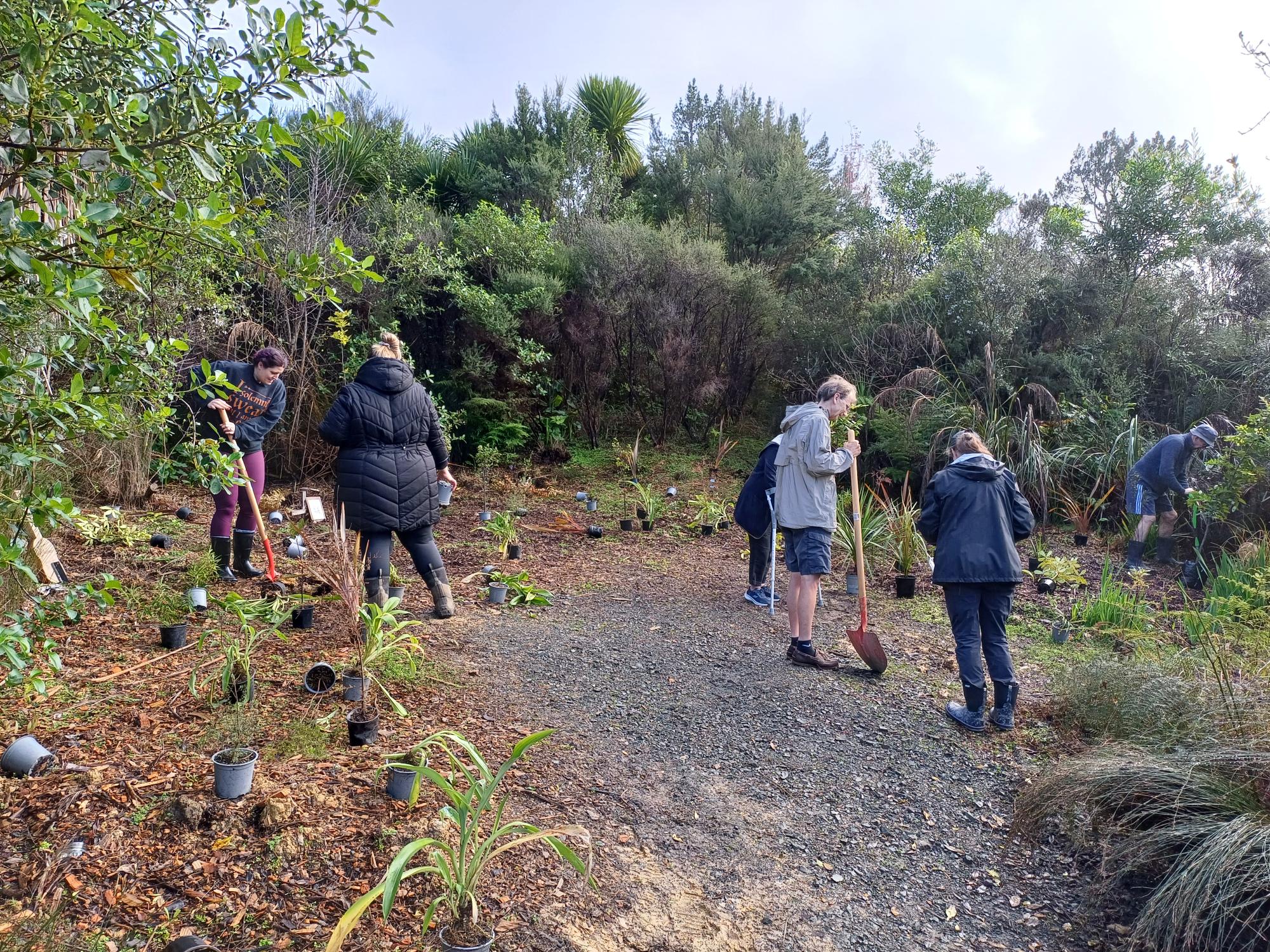By Psychologists at Working Life – People Solutions

Mental health is defined by the World Health Organisation as “a state of well-being in which every individual realises their own potential, can cope with the normal stresses of life, can work productively and fruitfully, and is able to make a contribution to their community”.
Sometimes, our mental health may be affected by circumstances or life events that make it hard for us to cope. Accessing early mental health care is an important part of staying well and preventing mental illness. There are things you can to improve your own mental health, and things you can do to support the mental health of others.
Supporting yourself
- Connection: Speak to people you trust about what is happening for you, lean on those around you for support
- Awareness: Pay attention to how you are feeling and respond to your needs
- Activity: Get moving, be active, find ways to move throughout the day
- Learning: Approach life with a growth mindset- “what can I learn from this?”
- Helping: Give back to those around you when you can
Supporting Others
Sometimes you might get the opportunity to support someone else who may be struggling. You may notice that they haven’t been themselves lately, they might be uncharacteristically stressed or withdrawn, they might be late often or buying lunch when they would normally bring it in. These are signs that someone might need support. Knowing what to say and do can help you provide this support.
What should I say?
There really is no right or wrong thing to say, as long as you are caring and genuine. Be yourself and use words that comes naturally to you; it is important to be authentic. You might start by pointing out what you have noticed and investigating “I noticed you’re stressed; can I ask what’s going on?”. Listen with empathy and without judgement. Reflect back to them what you are hearing “that sounds really tough” “I’m sorry to hear that”. You don’t need to fix their problems, you just need to listen, be supportive, and let them know you care.
What should I do?
The most important thing you can do is listen. It can also be helpful to ask the person what they need from you. They might ask for your help solving a problem, or for some support in connecting with mental health services. Be careful not to make promises you cannot deliver on. Some helpful things you might offer could include being with them while they contact the EAP service, going with them to seek counselling, or helping them to prioritise tasks. The person in need will be grateful that you have taken the time to care and connect.




